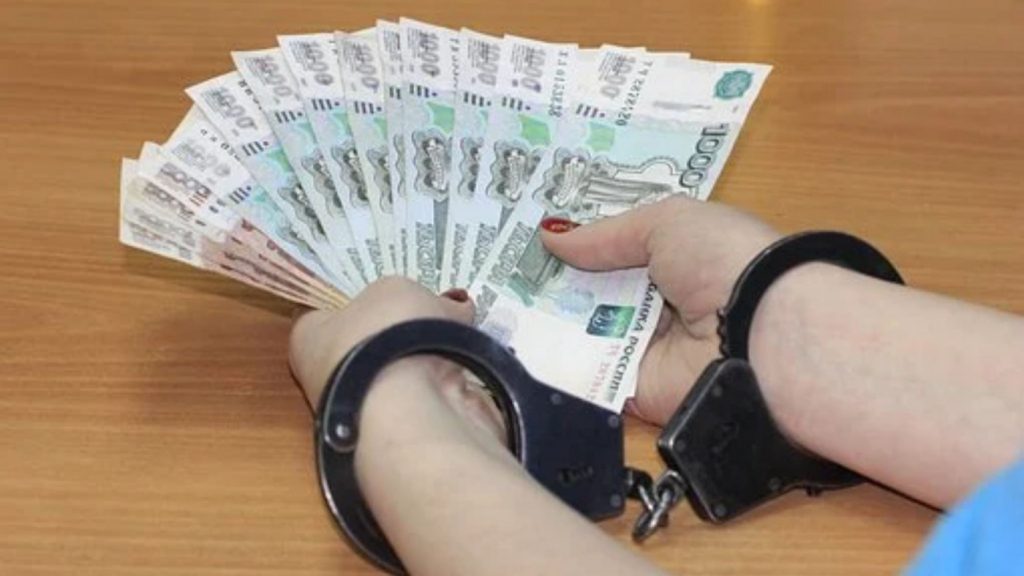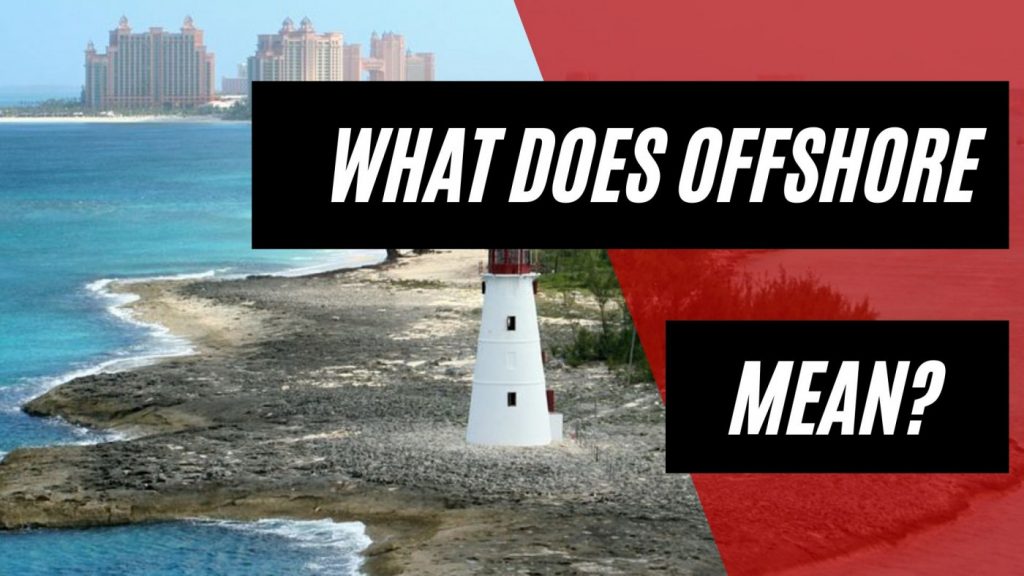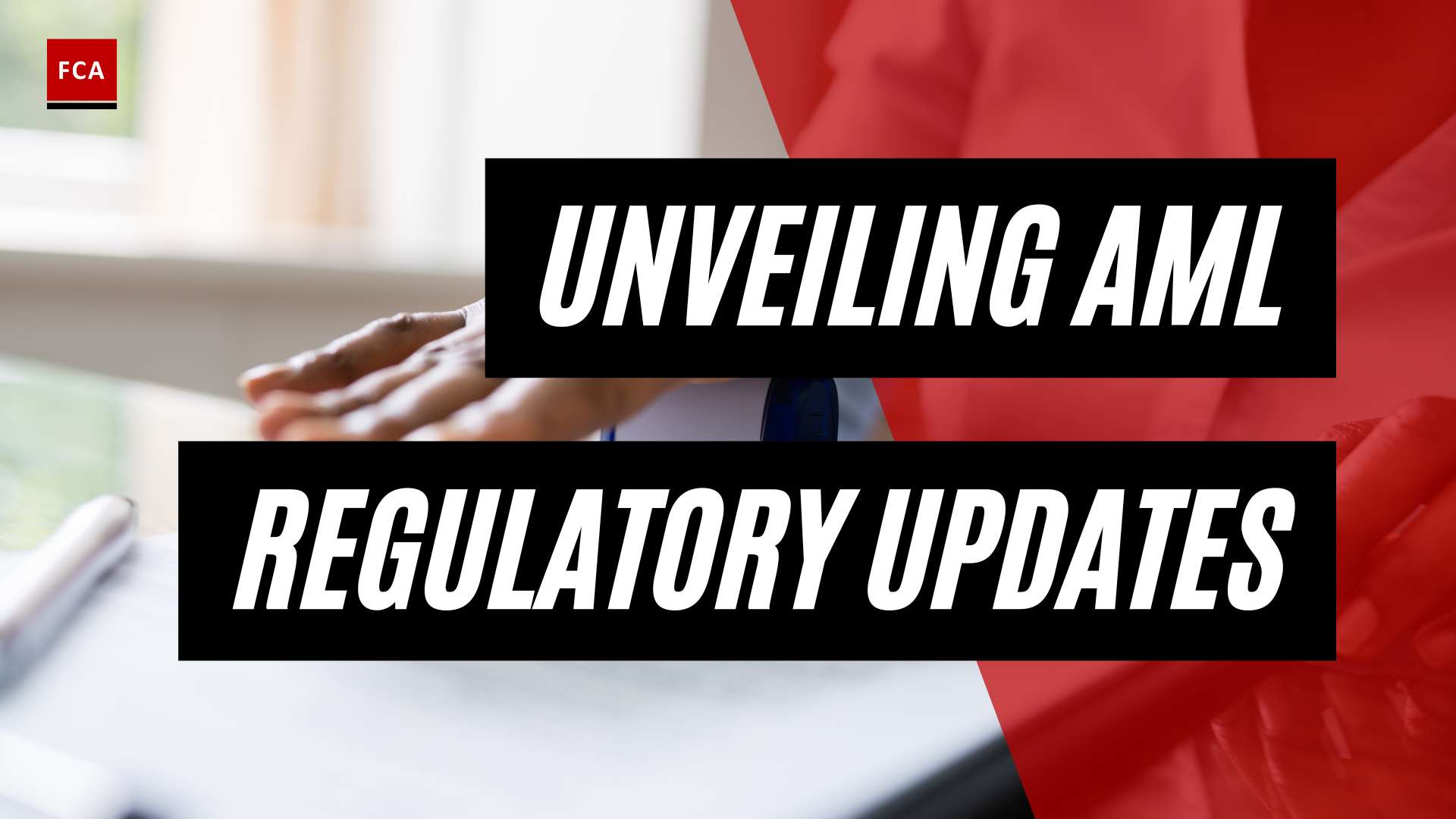Table of Contents
- Offshore Definition
- What are Offshore Financial Center?
- What Are Tax Havens?
- List Of Tax Havens
- Offshore For Money Laundering
- Most Popular Offshore Countries
In this post we will discuss a term that you might have had in the back of your head ever since you came to this page: Offshore. Of course, this is not a stand-alone term, but rather used in conjunction with shell companies and the layering stage of the money laundering process.
Unfortunately, there isn’t an overarching definition of what offshore actually means, because there simply is no consistent and all-applicable definition.
Offshore Definition
But let’s get more detailed. Generally speaking, the term offshore refers to a location outside of one’s national boundaries, okay, so this is a matter of perspective. That location may even be water-based, which might match the idea that you have, but it can also be land-based. Again, offshore is not necessarily a stand-alone term but used in conjunction foreign banks, corporations or corporate vehicles like shell companies, investments, and deposits.
For simplicity reasons, let us determine that offshore refers to either a foreign-based company or bank account. In order to qualify as offshore, the company or bank account must be based in any country other than the owner’s home nation.
What are Offshore Financial Center?
This bring us to something that is called offshore financial center, which is a country or jurisdiction that provides financial services to nonresidents. This includes company formations and bank accounts.
Now, the scale the of these financial services is in many of these offshore financial centers disproportionately high in comparison to the size and the financing of its domestic economy. These offshore financial centers include well-known centers such as Switzerland, Bermuda, or the Cayman Islands, and lesser-known centers such as Mauritius, Dublin, and Belize.

What Are Tax Havens?
And then, there is something that is closely related to offshore financial centers: Tax havens. They have many things in common, although not every jurisdiction would fall into both categories.
The central feature of a tax haven is that it has laws and other measures that can be used to evade or avoid the tax laws or regulations of other jurisdictions. Minimization of tax liability is an important element. This generally depends on two things. Firstly, the use of `shell’ companies, trusts and other corporate vehicles, and, secondly, on the routing and managing of financial flows.
As you can see, tax and financial management are closely linked.
Pure tax havens or OFCs generally have laws specifically designed for such purposes, aiming to attract financial and corporate services business. And those countries and jurisdictions that do this successfully make this a major part of their economy.
List Of Tax Havens
Just alike for a precise and overarching description of the term, various attempts have been made by numerous governments, organizations, corporations, and other to identify and list offshore financial centers and tax havens, but they all differ.
The more common of these lists include: the OECD list of tax havens, a list produced by the Financial Stability Forum, a list from the IMF, the International Monetary Fund, and the Tax Justice Network list of tax havens.
Offshore For Money Laundering
So, with regards to money laundering, the qualification of as an offshore financial center is more relevant than the qualification as a tax haven. Although it’s nice for money launderers to hit two birds with one stone.
Now, the main feature that criminals exploit for money laundering purposes is secrecy. Many OFCs have laws and regulations in place that protect the identity of the beneficiaries.
Switzerland for example was a real pioneer in developing offshore financial centers. It created the idea of banking secrecy and invented anonymous numbered banking accounts.
It’s on the dice that banking secrecy is paramount to money laundering. Concealing the money’s source is the objective of laundering and secrecy is obviously very advantageous to the process. Offshore banks offer confidentiality to money launderers that the onshore banks cannot compete with. This secrecy is what drives much of the illegal market offshore.
In addition, many of the offshore financial centers have additional features that are beneficial for money launderers. For example, some of them are just not cooperative in a criminal persecution. With the local authorities get a request from a foreign public prosecution department, they either ignore it, take it out as trash, or respond to it in an untimely, unprecise, and unhelpful manner.

Additionally, money is just harder to trace offshore than domestically due to laxer banking laws. It not just that secrecy has a higher status, or that they have bureaucratic boundaries, oftentimes that information that would be required to find and prosecute the criminals are just not there.
Most Popular Offshore Countries
Okay, so to not leave you without pointing in the direction of at least some offshore jurisdictions, here are the top 3 most famous offshore jurisdictions according to an analysis of the number of shell companies per country from the Panama Papers:
- The British Virgin Islands come in first
- Panama comes in second
- The Bahamas come in third
And then based on market share and offshore financial services market control, the top 10 offshore financial centers control 56% of the entire offshore market, so you can see a significant concentration here as well.
By these standards:
- Switzerland comes in first
- Hong Kong comes in second
- The United States of America come in third
Especially the case of the United Sates might surprise you, but they are indeed incredibly famous and successful as an offshore country. This applies in particular, to the states Delaware, Wyoming, and Nevada.








